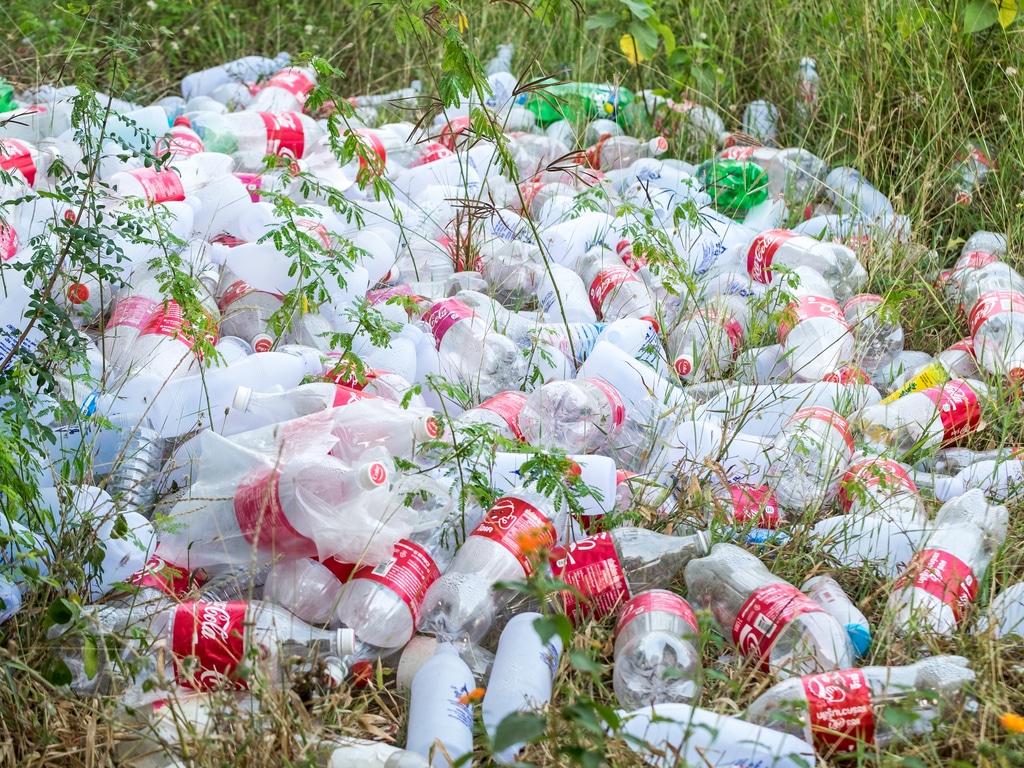With an estimated population of 206 million, Nigeria generates 2.5 million tons of plastic waste per year, 70% of which ends up in landfills, sewers, beaches and water bodies. In this context, the American soft drink giant Coca-Cola, which contributes to this pollution, has committed since 2019 to reduce its impact on the environment in this West African country particularly through plastic waste recycling initiatives. Over the past three years, the U.S. multinational’s investment in plastic waste management in Nigeria amounts to $3 million (N1.244 billion).
According to Coca-Cola Nigeria’s Managing Director and Vice President, Alfred Olajide, these initiatives are expected to contribute to Coca-Cola’s waste management goal of recycling 100 percent of its plastic waste by 2030, as almost all of the Atlanta, Georgia-based firm’s packaging is already recyclable.
“A world without waste” to accelerate sustainability
Through its 2020 foundation, soft drink giant Coca-Cola has provided $94,000 (39 million naira) for the “Waste to Wealth” initiative led by DoGood Africa and HB Imagino, aimed at collecting 500 tons of waste and turning it into food packaging. The project has created 300 jobs for youth in Lagos State.
Read also-AFRICA: Coca-Cola HBC calls for applications on sustainable waste management
Also, Coca-Cola’s Food and Beverage Recycling Alliance (FBRA), which brings together 21 food industry organizations, has supported nearly 10 collectors, enabling the recovery and recycling of more than 18,000 tons of plastic materials from the environment in Africa. “Jamii,” Coca-Cola’s new sustainability platform will invest in water and waste management, as well as youth economic empowerment. As part of the initiative, launched in January 2022, projects will be implemented with the multinational’s Africa Operating Unit (AOU), its employees, bottling partners and several non-governmental organizations (NGOs).
Benoit-Ivan Wansi
